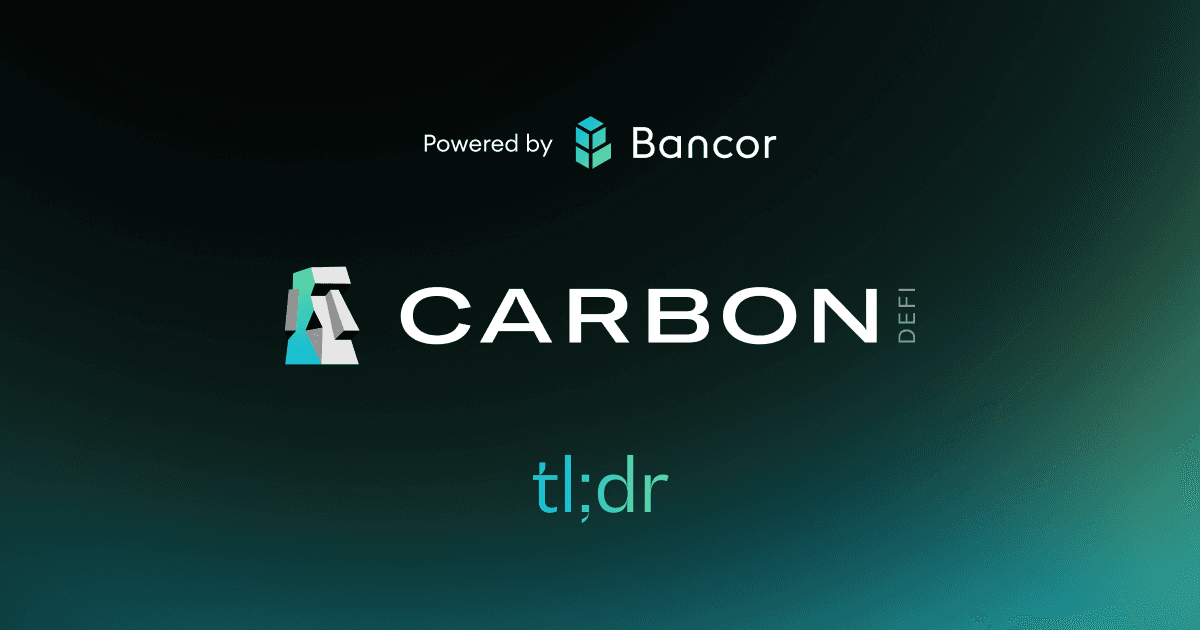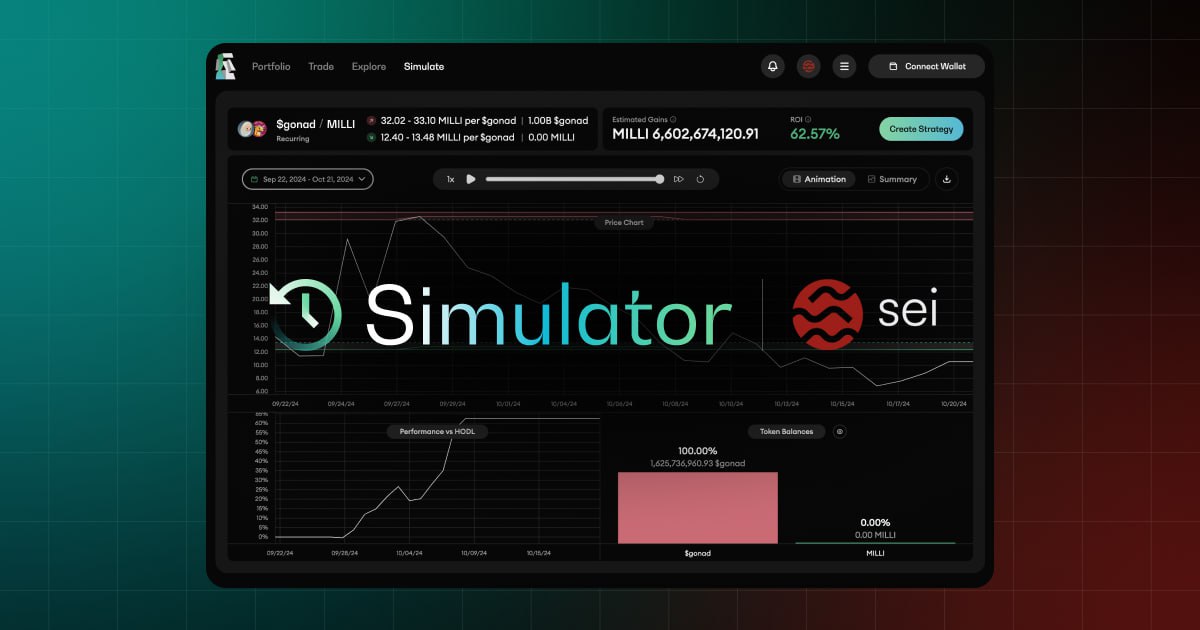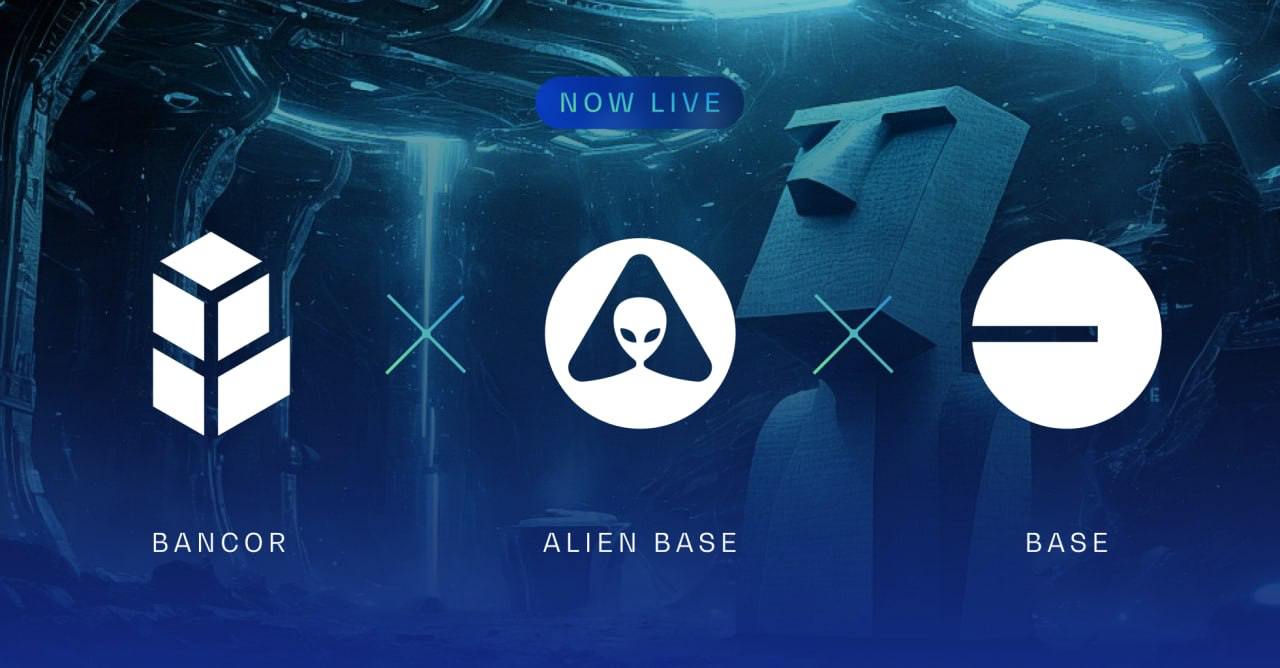Part 2– Thriving Amid Chaos: DeFi, Global Markets, and the Fight Against Inflation
For the full series, see Part 1, Part 2, Part 3, Part 4, Part 5.
In Part 1 of this series, we explored the essential role stablecoins play in navigating the volatile crypto market. From preserving capital during market downturns to generating yields in DeFi, stablecoins have proven themselves as indispensable tools for traders. But their importance extends beyond the world of crypto trading.
In regions plagued by high inflation, stablecoins offer a critical lifeline — helping individuals and businesses preserve their wealth, facilitate everyday transactions, and access global markets.
In this second part of our series, we’ll explore the broader economic impact of stablecoins, particularly in countries where local currencies are losing value at an astounding rate.
The Impact of Inflation on Local Currencies
In countries like Venezuela and Zimbabwe, hyperinflation has decimated local currencies, rendering them nearly worthless.
The Venezuelan bolívar experienced hyperinflation rates exceeding 1,000,000% in 2018.
This marked one of the peak moments of the country’s economic crisis, where the value of the currency drastically plummeted, leading to widespread financial instability almost overnight.
Similarly,Zimbabwe faced one of the most extreme cases of hyperinflation in history, with inflation rates reaching an astronomical 89.7 sextillion percent year-on-year in November 2008, eventually leading to the abandonment of the Zimbabwean dollar altogether.
In these environments, stablecoins pegged to assets like the US dollar offer a crucial alternative by maintaining a consistent value, providing a much-needed refuge from the relentless devaluation of local currencies.
Stablecoins in Action: Delivering International Aid During Crisis
Stablecoins have proven to be powerful tools in providing financial stability, especially in regions suffering from economic instability.
A notable example of this occurred during the COVID-19 pandemic, when the U.S. government, through the U.S. Agency for International Development (USAID), collaborated with the Stellar Development Foundation and Circle to deliver aid using the USD Coin (USDC) stablecoin.
This initiative targeted Venezuela, where hyperinflation had severely devalued the local currency, the bolívar, leaving citizens struggling to preserve their wealth and access basic goods.
By distributing aid in the form of USDC directly to the digital wallets of Venezuelan health workers, the U.S. government provided a stable and secure alternative to the failing local currency.
Recipients could convert USDC into local currency or other assets, or use it to purchase goods and services directly, bypassing the instability of the bolívar.
This marked a significant use case for stablecoins in humanitarian aid, showcasing their potential to provide financial relief in regions with unstable currencies and limited access to traditional banking services.
By maintaining value where local currencies falter, stablecoins like USDC not only offer a means to preserve wealth but also enable vital transactions in the midst of economic crises.
Empowering Economies through Accessible Stablecoin Creation
Being able to access credit in local currencies, & build wealth in global currencies is a key use-case for frontier markets.
As global economic instability continues to challenge traditional financial systems, the ability to create and manage stablecoins is becoming a powerful tool for communities facing hyperinflation.
Mento Protocol on Celo is leading the charge in making this financial innovation accessible, allowing regions severely impacted by inflation to take control of their financial stability by issuing their own stable assets.
By providing the tools to create stablecoins tailored to local economic conditions, Mento empowers communities to stabilize their purchasing power and support local commerce without relying on volatile local currencies.
This approach not only fosters economic resilience but also promotes financial independence, enabling these communities to participate more fully in broader economic activities, driving sustainable growth in even the most challenging environments.
In markets with high inflation, merchants, SMEs, small business owners have demand for accessible loans to finance their business, and now have the ability to repay those loans in their local currency.
“Nearly 2.5bn people remain excluded from formal financial services, contributing to a global credit gap of $4.9tn. Local currency stablecoins enable local currency credit.”
Access to Global Markets and Financial Services
Beyond their role in local economies, stablecoins open up access to global markets and financial services that might otherwise be out of reach for those in inflationary countries.
By bridging the gap between traditional finance and digital assets, stablecoins enable seamless cross-border payments, enhancing liquidity on DeFi platforms and providing individuals with opportunities to participate in the global economy. This access to global markets can drive economic stability and growth, offering a path out of the economic turmoil caused by hyperinflation.
For businesses, it means the ability to engage in international trade without the risks associated with volatile local currencies. For individuals, it means the opportunity to invest, save, and transact in a stable and secure manner, regardless of the challenges posed by their local economy.
Stablecoins and Microloans: Empowering Small Businesses
In addition to offering stability and access to global markets, stablecoins are also revolutionizing the way businesses access capital, particularly in regions where traditional financial services are limited or unreliable.
A prime example of this is Haraka, a platform that issues stablecoin-based microloans to small businesses based on social reputation. Haraka leverages the stability of pegged assets to provide microloans that are more accessible and reliable than those offered by traditional financial institutions.
By using stablecoins, Haraka can extend credit to small businesses in high inflationary economies, where borrowing in local currency could lead to rapid devaluation and financial ruin. These microloans empower entrepreneurs to grow their businesses, invest in new opportunities, and contribute to the broader economic stability of their communities.
Strategic Stablecoin Trading
As we’ve seen, stablecoins are not just a tool for navigating the crypto market — they’re vital assets for preserving wealth, fostering economic stability, and empowering businesses in high inflationary countries.
But while stablecoins offer significant advantages, their stability can sometimes be tested by market conditions, leading to undesired volatility often referred to as “trading off-peg” or a “depeg”.
Next, we’ll explore how users can capitalize on this volatility by creating onchain trading strategies. We’ll dive into how trading with stablecoin pairs on Carbon DeFi not only offers opportunities for profit but may even contribute to maintaining the stability of these assets.
Join me in Part 3 as we uncover the strategies that make trading on Carbon DeFi both lucrative and essential for the stability of the broader crypto ecosystem.
Full Series of “Thriving Amid Chaos: DeFi, Global Markets, and the Fight Against Inflation”
Part 1: Thriving Amid Chaos: DeFi, Global Markets, and the Fight Against Inflation
Part 2: A Lifeline in Inflationary Economies: The Broader Impact of Stablecoins
Part 3– Capitalizing on the Volatility of Stablecoins
Part 4: Safeguarding Stability: Project-Level Approaches to Stablecoin Security
Part 5: Technology with Purpose: Revolutionizing Blockchain Beyond Bitcoin





